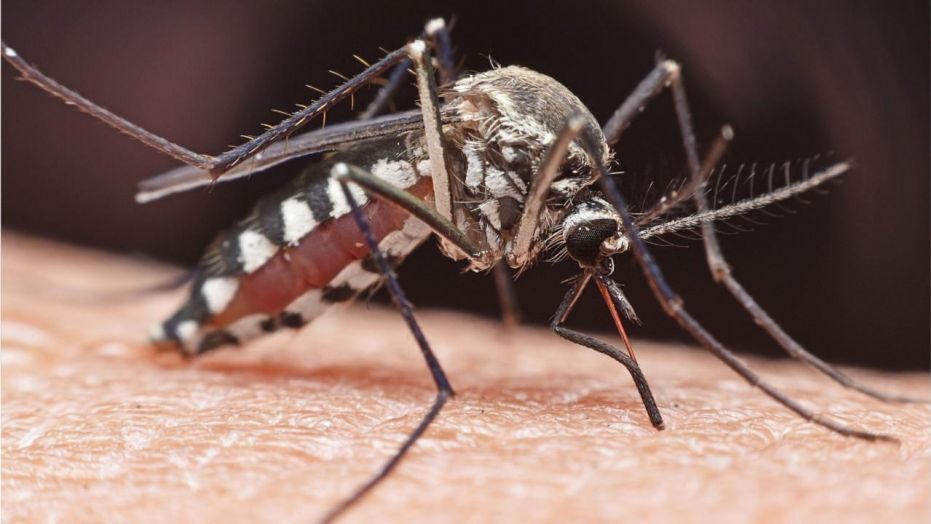WASHINGTON: Mosquitoes flap their wings not only to stay aloft but also to generate buzz that attracts potential mates, according to a study that may help in building quieter drones, and for devising nontoxic methods to exterminate the insects.
The researchers at Johns Hopkins University in the US — including Indian origin Mechanical Engineer Rajat Mittal — studied the aerodynamics and acoustics of the mosquito mating ritual through computer modeling.
The study, published in the journal Bioinspiration & Biomimetics, noted that the male mosquito flaps its long, slender wings at high frequencies while also rotating them rapidly at the end of each stroke in order to connect with the low-frequency hum of a female.
The researchers said that the quick rotation of the wings “generate additional lift force” to keep them aloft.
This same rotation, they added, also aids in directing the buzz produced by their wings in a forward direction — an important process for chasing potential mates.
“The same wings that are producing sound are also essential for them to fly. They somehow have to do both at the same time. And they’re effective at it,” said Mittal.
Mosquitoes, he said, have to be able to direct their sounds properly.
“If I’m talking to you and I turn my back, you’ll have a hard time hearing me,” Mittal explained.
Mosquitoes have adapted their anatomy and flight physiology to fly and flirt at the same time, he said.
“The wing tones as well as the aerodynamic forces for flight are highly directional and mosquitoes need to simultaneously control both for the successful completion of a mate-chase,” the researchers wrote in the paper.
Mittal said the findings could inform research into how sound can be used to interrupt the mating ritual in mosquitoes.
He added this may lead to non-toxic methods to disrupt breeding and diminish populations of the pest.
According to the study, the long and slender wings of mosquitoes is perfect for making sounds.
Fruit flies, which are similar in size to mosquitoes, have short and stubby wings. Furthermore, mosquitoes are flapping at much higher frequencies than fruit flies. There is a reason for this. Higher frequencies are better at producing sounds,” Mittal said. (agencies)


